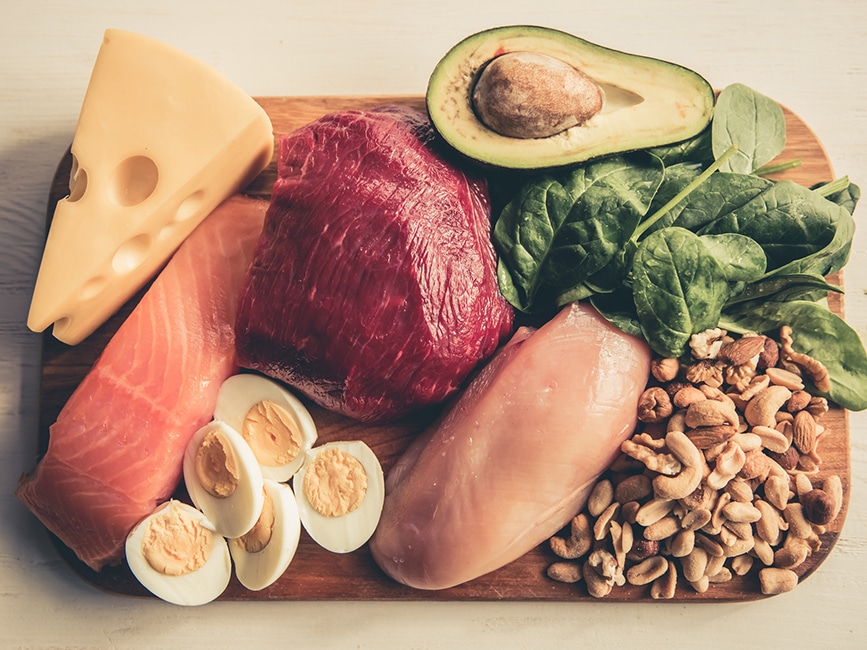Fried Food Increases Heart Disease Risk
Even small portions of fried foods can increase the risk for heart concerns.

If you have clients who can’t let go of their deep fryers, you can present them with this sobering health news. Heart published a review of 17 different studies involving more than 560,000 people who collectively suffered 37,000 heart attacks and strokes during 10 years of follow-up. The review found that—compared with those who ate the lowest amount of fried food per week—those who ate the most had
- a 28% greater risk of a major heart attack or stroke,
- a 22% higher risk of heart disease and
- a 37% higher risk of heart failure.
Each additional weekly serving of 114 grams (4 ounces, about 1/2 cup) of fried foods increased the risk for heart attack and stroke by 3%, heart disease by 2% and heart failure by 12%. A typical medium serving of fast-food French fries is roughly 117 g.
When food is fried, it absorbs a good amount of fat from the frying oil, increasing calories. High-temperature cooking like frying may also create pro-inflammatory compounds like advanced glycation end products. And deep-fried foods may wedge out more nutritious options from the diet, reducing consumption of heart-protective nutrients and antioxidants.
While this meta-analysis of studies showed only an association between fried foods and cardiovascular risk, not cause and effect, it certainly makes a platter of chicken nuggets less appetizing.
See also: Heart Disease Prevention Program Improves Outcomes
Matthew Kadey, MS, RD
Matthew Kadey, MS, RD, is a James Beard Award–winning food journalist, dietitian and author of the cookbook Rocket Fuel: Power-Packed Food for Sport + Adventure (VeloPress 2016). He has written for dozens of magazines, including Runner’s World, Men’s Health, Shape, Men’s Fitness and Muscle and Fitness.





